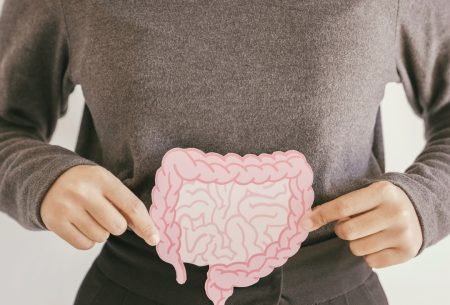The big question: to sink or to float?
A question I’m asked more than you might think!
Poops normally sink, but different diet and lifestyle factors can change their structure, which can sometimes cause them to float instead.
What causes poop to float?
There are usually two main reasons:
-
Extra gas (produced by your gut microbes) which can happen when you eat large amounts of dietary fibre, including those plant foods that are known to produce a lot of gas such as beans and pulses, or sugar-alcohols like xylitol and sorbitol (often added to sugar-free foods like chewing gum and sweets).
-
Not absorbing nutrients properly (aka malabsorption) for example in people with lactose intolerance who continue to eat lactose (milk sugar). This can also happen in other medical conditions, including coeliac disease (when gluten is eaten), when your pancreas isn’t working well, or short bowel syndrome. In the case of malabsorption, your poop is usually extra smelly, and can appear ‘greasy’, leaving a floating residue in the loo.
In the vast majority of cases, a floating poop in isolation is nothing to be concerned about.
If however your poop continues to float and you also have other gut symptoms (including a very pale or ‘greasy’ poop) or experiencing weight loss, dizziness or fever, make sure to check in with your GP!













